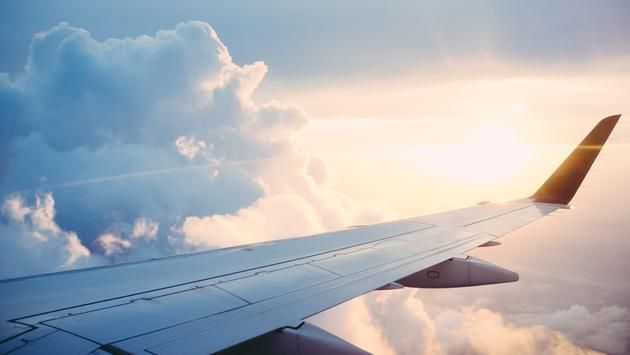Airlines are making noticeable changes to their route schedules to include more vacation destinations, a reflection of a still stagnant business travel market and an uptick in leisure travel.

According to Bloomberg New Service , airlines are shifting away from business routes that connect big cities and are moving more toward leisure routes that take fliers to sun-drenched, warm-weather locations.
Right now, it’s all about demand say the airlines. And consumer demand has shifted away from business travel – which, as such prominent figures as Bill Gates believe will never get back to previous levels because of Zoom – meaning you’ll find less direct routes from big city to big city and more routes to vacation spots.
United, Delta, and American Airlines, for instance, have all cut service of direct flights to such previously popular business routes to London, Frankfurt, Tokyo, Sydney, and Sao Paulo.
“Given the lack of business demand, we’re focusing on leisure travel and providing more service for customers traveling to visit family and friends,” Brian Znotins, American Airlines’ vice president of network planning, told Bloomberg.
“Everything we do stems from demand,” says Ankit Gupta, United’s vice president for domestic network planning. “The sunshine states are seeing much more travel demand than before, on a relative basis, while it evaporated in the Northeast.”
That includes numerous destinations in Florida with more direct routes to such cities as Fort Lauderdale, Fort Myers, Orlando, Key West, and Tampa.
Bloomberg noted that American, Delta, and United have each added several weekly flights from New York to Baja California this winter. Hawaii remains extraordinarily popular, as United is set to launch nonstop service from Chicago to Kona, while JetBlue is adding service from New York to Guatemala City and Delta has restored nearly all service to the Caribbean.
As for international travel, don’t hold your breath. Patrick Quayle, United’s vice president of international network and alliances, said that even when borders reopen, evolving entry requirements that range from quarantines to vaccine passports will continue to suppress demand and complicate operations in long-haul leisure markets.
Leave a Comment